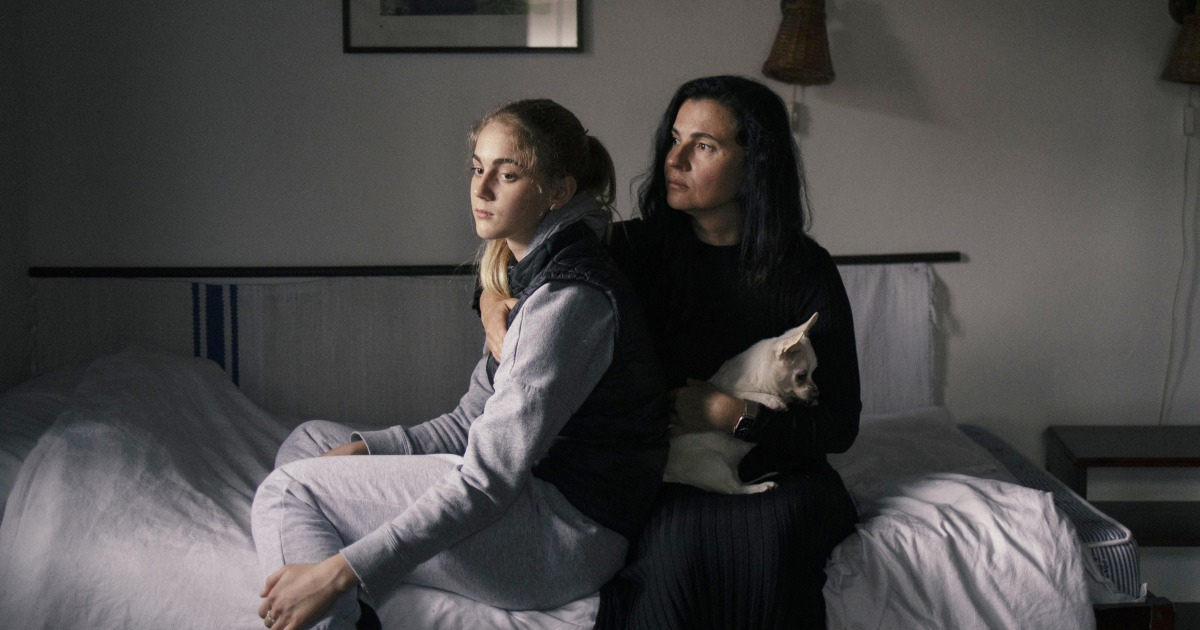
“We were immediately overwhelmed by the amount of requests we got,” said van Drunen, a former diplomat in the Netherlands who used to live in Kyiv and moved to Hungary in 2013.
Within days, others throughout Irota also stepped up. The midwife offered to help pregnant Ukrainians and infants. The town’s only dentist volunteered to treat a refugee with toothache free of charge, and the local church converted cottages used for a children’s camp into additional sleeping space for refugees.
“Everyone from Hungary has tried to help us. They are amazing people,” said Natalia Adamenko, 44, who stayed in one of the church cottages when she first fled Kyiv before moving to a nearby town with her daughter, Kseniia, 17. “I know the Hungarian government is not so loyal, but the actual people are different.”
Aid workers say that relying on volunteers to support refugees means that more and more Ukrainians will inevitably slip through the cracks as exhausted volunteers become stretched thin as the war drags on.
“We’ve seen a lot of European solidarity towards Ukrainians, but the extent to which that solidarity will be maintained in the coming months is a big question,” said Emily Venturi, who specializes in refugees and migration at Chatham House, a London-based think tank. “What’s going to happen if families hosting refugees reach a certain point where it’s not sustainable for them to do so anymore? Then what?”
Léderer shares those concerns. “Unless the government and the state authorities get their act together very soon, we’re going to have very serious problems here,” he said.
Already, not all refugees arriving in Hungary have been met with the same support as those in Irota.
Yulia Sheikhova, 32, escaped Mariupol with her husband and their children, 3 and 12, right before their apartment building was destroyed. She said that her family found a hostel in Budapest by word of mouth. Finding food has been more challenging.
Waiting in line at a volunteer-run donation tent, she said she had gone to the humanitarian center set up by the government at Budapest’s BOK stadium looking for food for her kids. But all she was offered were juice boxes and apples. “Not actual meals,” she said.
“My kids are afraid. They are hungry. They are tired,” Sheikhova said.
Finding reliable shelter has also been a challenge for some refugees.
Since leaving Kyiv, Natasha Dobzogozskaya, 39, and her 6-year-old twin daughters had been staying at The Hotel Hungaria in downtown Budapest while they waited for a visa to travel to London, where they planned to live with her cousin until it is safe to return to Ukraine.
Source: | This article originally belongs to Nbcnews.com









